
With streets deserted, hospitals full and morgues struggling to cope with the number of bodies, it isn’t surprising that some people are making comparisons with the apocalypse.

As the COVID-19 pandemic spreads, it has become clear that people need to understand basic facts about SARS-CoV-2, the virus that causes COVID-19, to make informed health care and public policy decisions.
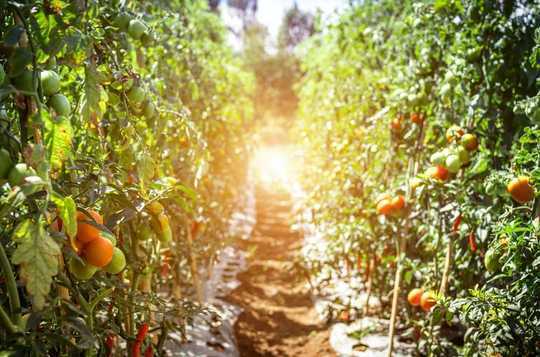
It’s August and 38C outside a greenhouse on a fruit farm in suburban Nanjing, China. Inside the farmhouse, customers sample organic grapes and peaches.
- By Alexis Brink
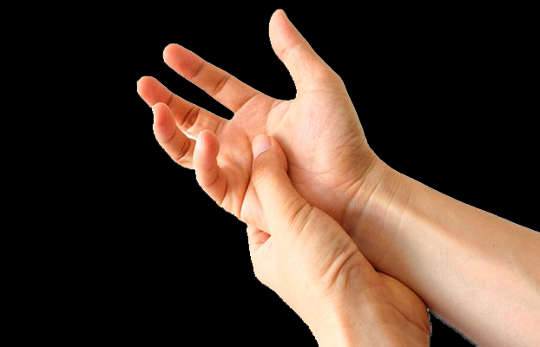
Though the Art of Jin Shin bears some similarities to acupuncture, the practice achieves its transformative results without needles, using only a gentle touch—a methodology that translates very nicely to self-care. All you need in order to get started are your fingers and hands, and a little bit of time and patience.
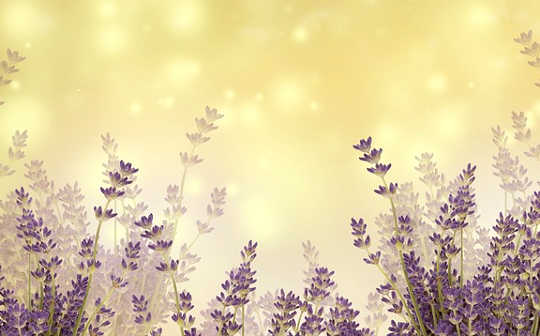
Our ancestors were extremely awe-inspiring in the ways they incorporated essential oils into not just healing and saving lives, but in every aspect of their daily routines and healing methods. Herbs, plants, and the oils derived from them, were the main components of healing in every culture on earth for hundreds of thousands of years.
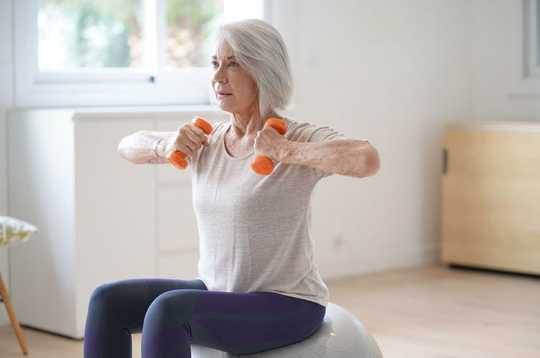
Fitbit recently released data showing a global decrease in physical activity levels among users of its activity trackers compared to the same time last year.
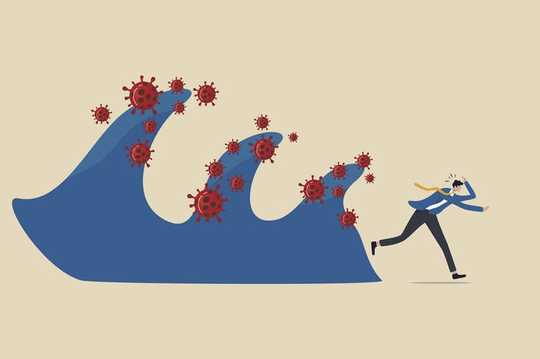
Following the emergence and rapid spread of COVID-19, several countries have succeeded in bringing local outbreaks under control.
- By Kieran Moore

The global number of confirmed COVID-19 cases surpassed one million in early April, nearly doubling in a week.
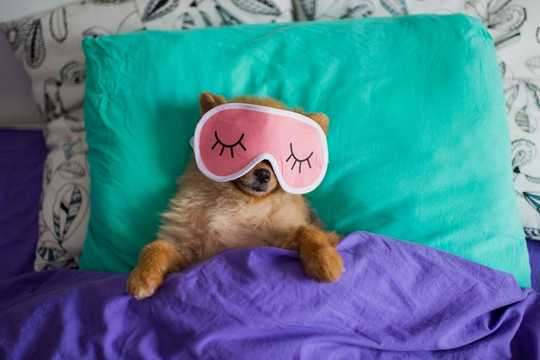
You might have noticed your normal sleep pattern has changed. Some of us may be sleeping more, and some of us may be sleeping less.
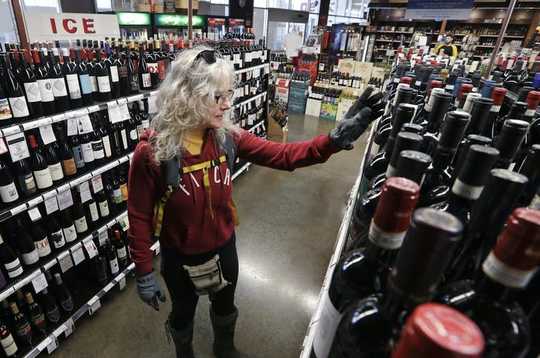
In the midst of the COVID-19 epidemic, it has become easier to buy alcohol than toilet paper or eggs.
- By Simon Clarke

The COVID-19 pandemic has sparked a great deal of interest in how people might avoid getting infected.

We’ve all heard the advice from public health officials: stay at home, wash your hands and don’t touch your face!

Many Americans may find bare grocery store shelves the most worrying sign of the impact of the COVID-19 pandemic on their food system.
In the 21st century, we all spend a ot of time in front of a screen... whether at home, at work, or even at play. What this often does is cause a distortion of our posture that then leads to problems in our body leading to discomfort and pain.
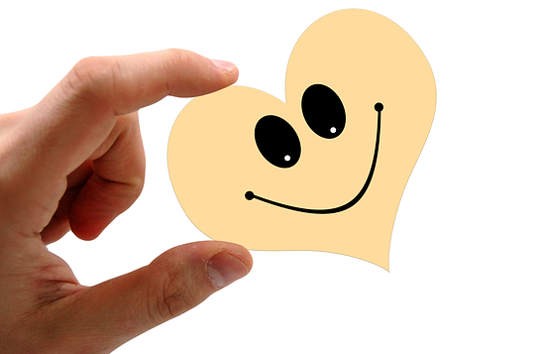
One of the great secrets of a long, satisfying, and happy life, according to Eastern wisdom, is to focus on health instead of disease. This is the psychological basis of the art of radiant health. Develop the attitude of radiant health, and radiant health can be attained surprisingly easily.
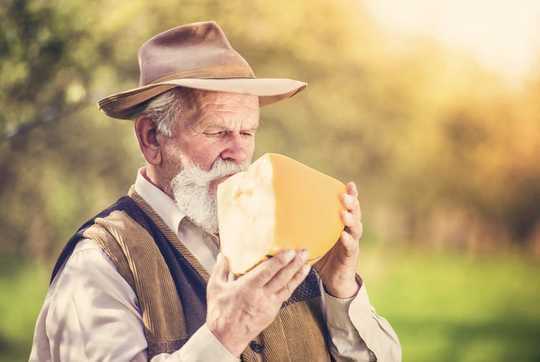
Spending a lot more time in your house doesn’t have to make you any less curious about the world around you.

Up to one in five women will develop postpartum depression, a condition that can adversely affect the thoughts, emotions and functioning of mothers, as well as the mental health of their partners and children.
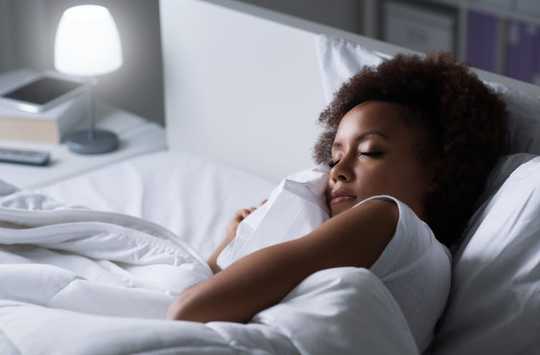
The COVID-19 pandemic is disrupting daily routines around the world. Overwhelmed hospitals, desolate schools, ghostly towns and self-isolation echo a campy horror flick, but an all too real one.
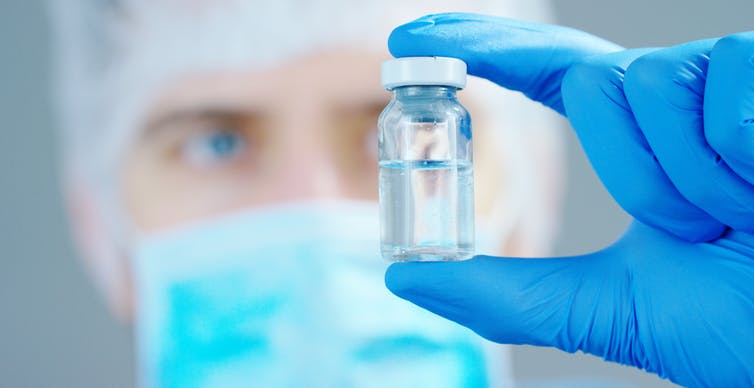
Patrick Vallance, chief scientific adviser to the UK government, recently said that many groups are working on blood tests for COVID-19, adding: “That would tell us who has had it and now has antibodies, therefore won’t catch it again.”
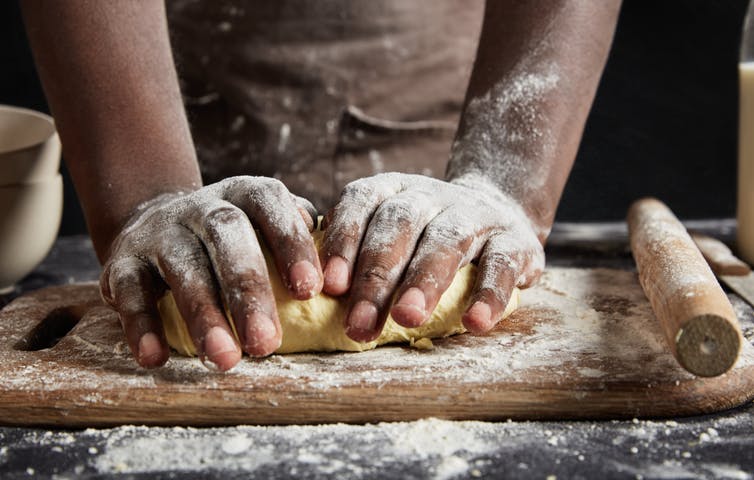
These are unprecedented times. As we deal with the current coronavirus pandemic, we find our regular routines and habits altered and disrupted.
- By Hector Chapa

“So, being pregnant and delivering in a pandemic … what’s that gonna look like?” That question, sent to me by a colleague who is both a registered nurse and an expectant mother, stopped me in my tracks.

Like the other 200 or so respiratory viruses we know of, severe acute respiratory syndrome coronavirus 2 (SARS-CoV-2), the new coronavirus, infects the cells of our airways.

Doctors from around the world are reporting cases of COVID-19 patients who have lost their sense of smell, known as anosmia, or taste, known as ageusia.
















